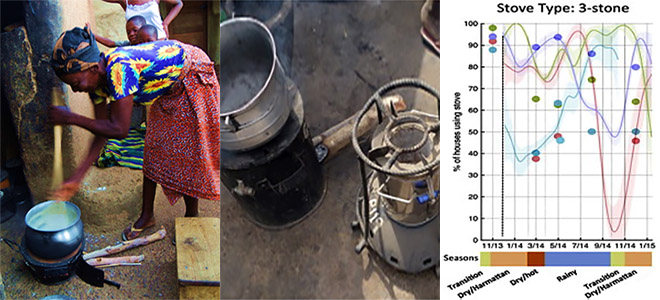
by R. Piedrahita, K.L. Dickinson, E. Kanyomse, E. Coffey, R. Alirigia, Y. Hagar, I. Rivera, A. Oduro, V. Dukic, C. Wiedinmyer, and M. Hannigan
Energy for Sustainable Development
Volume 34, October 2016
Abstract: Biomass burning for home energy use is a major health and environmental concern. While transitioning to cleaner cooking technologies has the potential to generate significant health and environmental benefits, prior efforts to introduce improved cookstoves have encountered many hurdles. Here, we focus on the increased stove use hurdle; households tend to use improved stoves alongside their traditional stoves rather than replacing them entirely, a phenomenon called cookstove “stacking.” This work provides a systematic, multi-method assessment of households’ cooking behaviors and cookstove stacking in the context of a 200-home randomized cookstove intervention study in Northern Ghana. Two stoves were selected for the intervention, a locally made rocket stove (Gyapa) and the Philips HD4012 LS gasifier stove. There were four intervention groups: a control group, a group given two Gyapa stoves, a group given two Philips stoves, and a group given one of each. Two stoves were distributed to each home in an attempt to induce more substitution away from traditional stoves. Adoption and usage patterns were quantified using temperature loggers at a subset of homes, as well as quarterly surveying in all households. We find that using multiple stoves each day is common practice within each intervention group, and that the two groups given at least one Gyapa had the largest reductions in traditional stove use relative to the control group, though use of traditional stoves remained high in all groups. Read more …



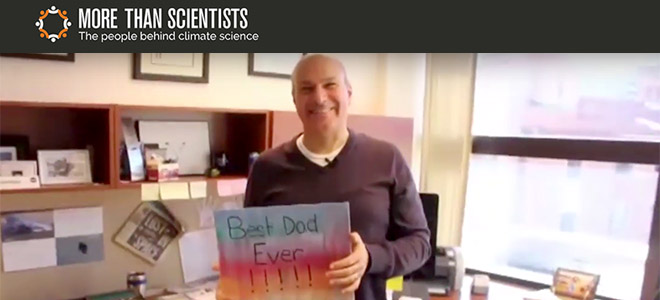
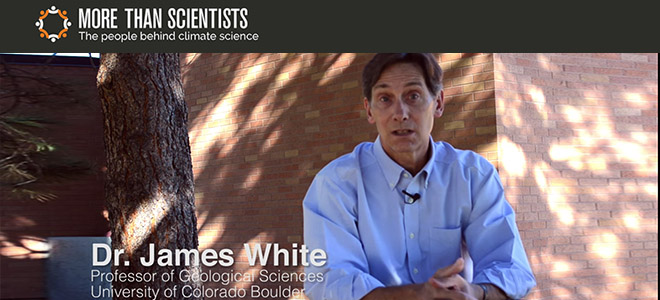
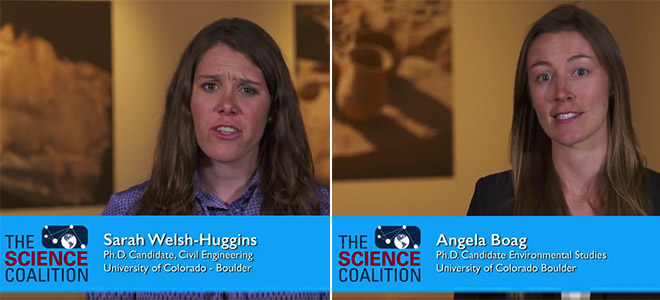

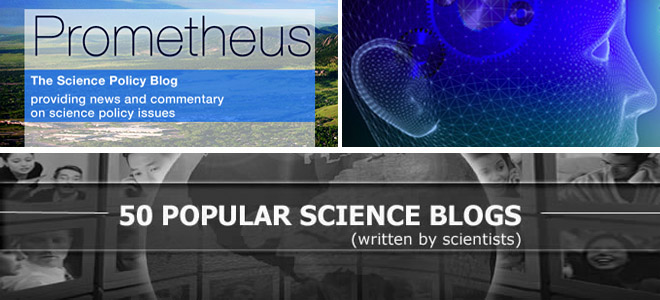
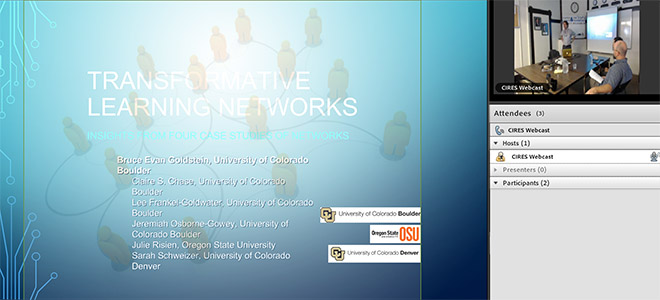
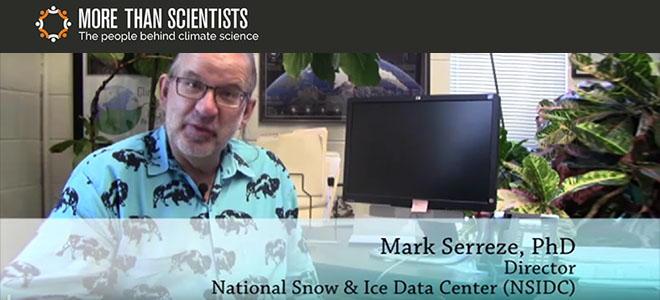
Prometheus 2.0 & Our Common Future
We here in the Center for Science and Technology Policy Research (CSTPR) recognize that we are in both urgent and opportune times. Science, technology, and policy issues are as pressing, dynamically changing and important as ever.
As evidence of this, last week former White House Office of Science and Technology Policy (OSTP) Director and Science Advisor (1998-2001) Neal Lane issued a strong call to the next US President – be it Hillary Clinton, Donald Trump, Gary Johnson or Jill Stein – to place ‘laser focus’ on science and technology policy.
In making five clear recommendations for each the next US president and the next US president’s science advisor, Lane appealed to the successor to Obama. He said, “considering the many policy challenges that relate to science and technology and the accelerating pace of scientific discovery and technology innovation across the globe, it is critically important that the president move quickly to appoint the science adviser and organize a capable OSTP that can begin to engage the many executive departments and agencies that support R&D and rely on advances in science and technology to carry out their missions.”
This is a critical juncture in our history. More now than ever there is tremendous need for honest brokers like CSTPR at the University of Colorado-Boulder who can develop, maintain and continue active collaborations so that scientific work finds traction in political, cultural and social arenas.
While intertwined challenges proliferate, and we in CSTPR press ahead through our collective capacity to pursue research, teaching and service projects to confront the urgent needs to improve our understandings of how the quality of decision-making can catalyze and enhance webs of interaction between science, technology, politics, policy and society.
Going forward, through this re-energized Prometheus blog (call it ‘Prometheus 2.0’ if you will), we will profile a number of these research endeavors, initiatives and commitments as we work to help a range of audiences, stakeholders and user groups make sense of the dimensions of science and technology policy that coarse through the veins of our shared social body.
CSTPR Core Faculty and Research Associates, along with Affiliates, Graduate and Undergraduate students, Postdoctoral researchers and Visitors will be contributing in this space with great energy, reflecting renewed ambition of the CSTPR community.
Contemporary demands are such that science-technology-policy research is vital to understanding and improving how scientific ways of knowing can be more readily ‘usable’ for wider communities of researchers, practitioners and everyday people. Watch this space.
Max Boykoff, CSTPR Director